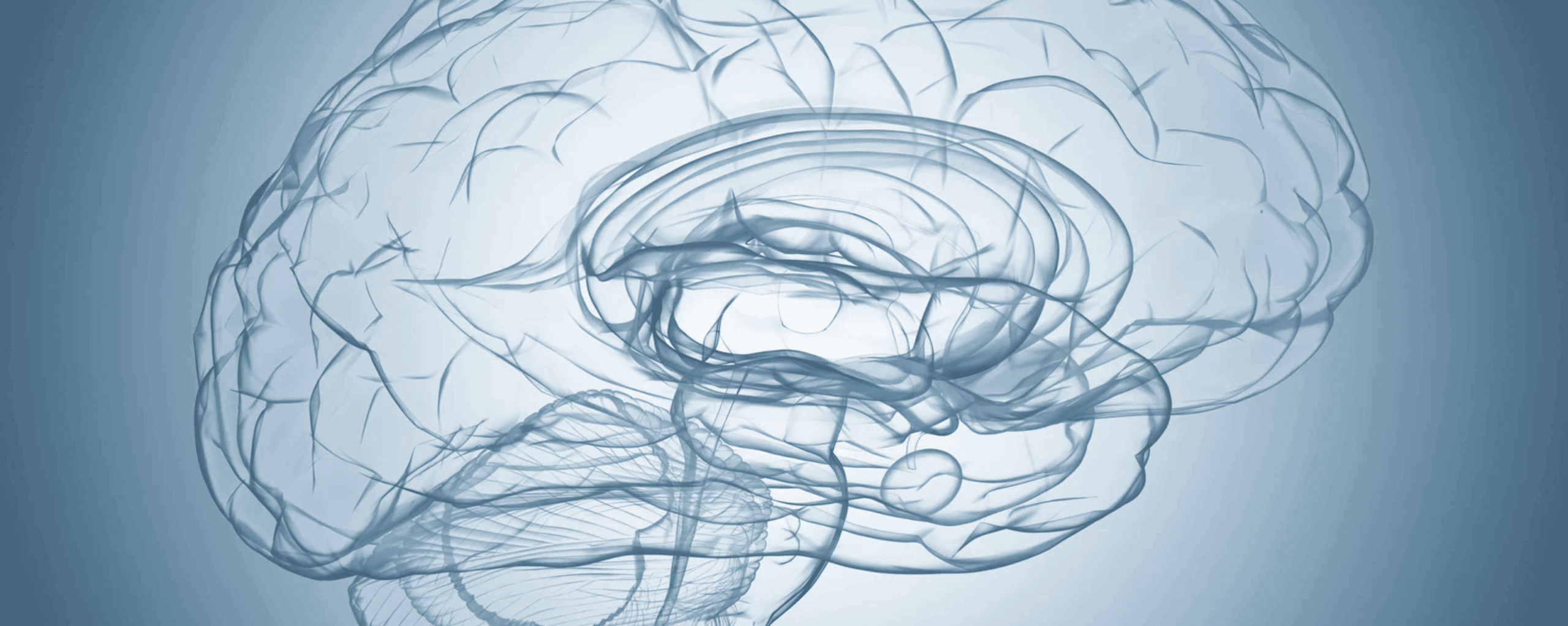What Is Trauma-Informed Care?
Trauma-informed care (TIC) is an approach to addiction treatment that assumes that addicts and alcoholics are more likely than not to have a history of trauma, and so to treat addiction successfully, it is necessary to identify and acknowledge the presence of trauma symptoms and the role they play in substance use and abuse. Trauma-informed treatment recognizes the impact of trauma on a person’s sense of self-worth and safety and focuses on addressing the connection between traumatic experiences and substance abuse. It aims to treat and stabilize the symptoms of trauma to facilitate successful addiction recovery.
Some traumatic events may leave a person feeling overwhelmed, violated, and terrified. These individuals may turn to drugs or alcohol as a coping mechanism. Over time, substance use combined with trauma-induced emotional issues may result in addiction. For this reason, addiction treatment providers must be sensitive to the unique needs of these patients. Treatment plans need to include evidence-based modalities that focus on this aspect of patient care.
What Are the Principles of Trauma-Informed Care?
The co-occurrence of trauma and addiction is extremely common. Trauma changes an individual’s perspective and leaves emotional scars that run deep. Trauma-informed treatment is the best option for helping a person learn to manage the symptoms of trauma that have influenced their substance use.
According to SAMHSA, three important goals of trauma-informed care include:
- Promote understanding of symptoms from a strengths-based approach.
- Minimize the risk of re-traumatizing the patient.
- Both offer and identify trauma-informed supports.
The strengths-based approach seeks to empower patients with the intention that they can recover from trauma. Connecting patients with resources beyond treatment that are sensitive to trauma-related problems can also prove helpful.
6 Components of Trauma-Informed Addiction Treatment
The primary mission of trauma-informed addiction treatment is to restore a person’s sense of safety and empowerment so they no longer feel the need to medicate their feelings. This objective can be accomplished by following six key protocols:
- Safety. Provide an environment that fosters a sense of physical and emotional safety.
- Trustworthiness. All decisions made on the client’s behalf must be transparent by everyone involved in their treatment program.
- Recognize cultural or gender needs. Cultural traditions have healing power for those who believe in them. Also, the treatment facility must be responsive to the ethnic, racial, and cultural needs of their clients.
- Peer support. Sharing experiences and tips with others who are “trauma survivors” is vital to helping a person cultivate trust, hope, and a sense of community.
- Empowerment. Individuals learn to utilize their strengths to help them recover from trauma and addiction. They can make decisions, have choices, and be an advocate for themselves.
- Collaboration. It’s important to create a balance in power between clients and treatment providers. Sharing meaningfully in decision-making can help a person heal.
Regardless of the reasons for a person’s trauma, this approach can help. They learn to identify the problem and gain the skills to hinder further repercussions.
What Are Some Common Traumatic Experiences?
Humans experience a range of incidents or events that can be traumatic both mentally and physically. While physical wounds may heal with time, mental scars can last a lifetime. The definition of trauma according to SAMHSA is:
“Individual trauma results from an event, series of events, or set of circumstances that is experienced by an individual as physically or emotionally harmful or life-threatening and that has lasting adverse effects on the individual’s functioning and mental, physical, social, emotional, or spiritual well-being.”
No one knows when tragedy will enter our lives. When it’s unexpected, the impact on our emotional health can be devastating. That being said, these are the most common traumatic experiences that can lead to substance abuse disorders:
- Grief. Losing a loved one after a severe illness or injury can severely affect a person’s mental and emotional state. In some cases, grief can lead to depression, anxiety, PTSD, and substance abuse.
- Accidents or crime. Victims or witnesses of crime or accidents often struggle with the sense of helplessness, fear, rage, or horror as a result of the experience. These emotions can severely alter their way of life. Too often, these individuals turn to alcohol or drugs as a temporary escape from their emotions.
- Sexual abuse. In many instances, sexual abuse is perpetrated by someone the victim knows and trusts. As a result, they suffer from feelings of betrayal and mistrust. Many of the victims are ashamed to talk about the experience or seek counseling or medical attention. Instead, substance use becomes their method for coping.
- Childhood abuse. Experts agree that the trauma of childhood abuse or neglect extends beyond childhood to affect the individual into adulthood. During the childhood years, these kids often display poor performance in school, behavior problems, low self-esteem, and a decrease in cognitive abilities. They are also more likely to turn to alcohol or drugs later in life to help them cope with the lingering flashbacks or nightmares that occur.
- Natural disasters. Catastrophic events can strike at any time. When a person experiences the devastation of a hurricane, flood, earthquake, or terrorist attack, they feel vulnerable and on-edge wondering when it will happen again. They may choose to self-medicate these feelings by using addictive, mood-altering substances.
- Military combat. About 20 percent of military veterans develop post-traumatic stress disorder (PTSD), even if they weren’t in active combat. PTSD can include extreme tension, erratic behavior, restlessness, bad dreams, and flashbacks. These side effects of military duty often result in substance use disorders.
Individuals respond to traumatic events differently. It’s not possible to single out one specific trauma as the “worst” one. Individuals whose lives have been altered or molded by trauma do not need the additional burden of drug addiction to manage. It is possible to find healthy methods for coping with trauma-induced emotions, but many people aren’t aware that they suffer from these deep-rooted feelings in the first place. As a result, they don’t seek the care they desperately need, and instead end up self-medicating.
Trauma-Informed Care at Vogue Recovery Center
At Vogue Recovery Center, we recognize that self-medicating trauma symptoms can be a pathway to addiction. Helping our clients learn how to manage and cope with their emotions is an essential part of our comprehensive treatment approach.
We offer a variety of evidence-based treatment modalities that treat the mind, body, and spirit for a complete and lasting recovery.
Our treatment programs seek to help our clients identify the core reasons behind their substance use. Understanding the fears and compulsive behaviors that have evolved as a reaction to traumatic experiences is an essential step in developing effective methods for addressing these issues long-term. Our therapy programs include, but are not limited to:
- Behavioral Therapy
- Cognitive Behavioral Therapy (CBT)
- Dialectical Behavioral Therapy (DBT)
- Experiential Therapy
- Solution-Focused Brief Therapy (SFBT)
- Gestalt Therapy
- Structural Family Therapy
- Logotherapy
- Task Centered Therapy
- Eye Movement Desensitization and Reprocessing (EMDR)
Vogue Recovery Center offers one-on-one counseling, group therapy, family therapy, nutritional guidance, aftercare, and more. All therapeutic interventions are focused on helping our clients build confidence, improve self-esteem, and acquire the life skills needed for long-term recovery.
While in our facility, you’ll enjoy a comforting and nurturing environment where you can relax and focus on healing. Whether you choose our Arizona, Nevada, or California facility, you’ll receive the absolute highest quality care available. Our program is certified by the Joint Commission which means we meet their stringent standards for addiction treatment programs.
If you would like to learn more about trauma-informed care at Vogue Recovery Center, please contact us today. We look forward to helping you overcome addiction and enjoy a life of purpose, confidence, and self-esteem.
Resources
- ncsacw.samhsa.gov – Concept of Trauma and Guidance for a Trauma-Informed Approach
vogue-staff
Latest posts by vogue-staff (see all)
- Mixing Adderall and Alcohol: What Can Happen? - December 22, 2022
- 15 Signs of a High-Functioning Alcoholic - November 24, 2022













